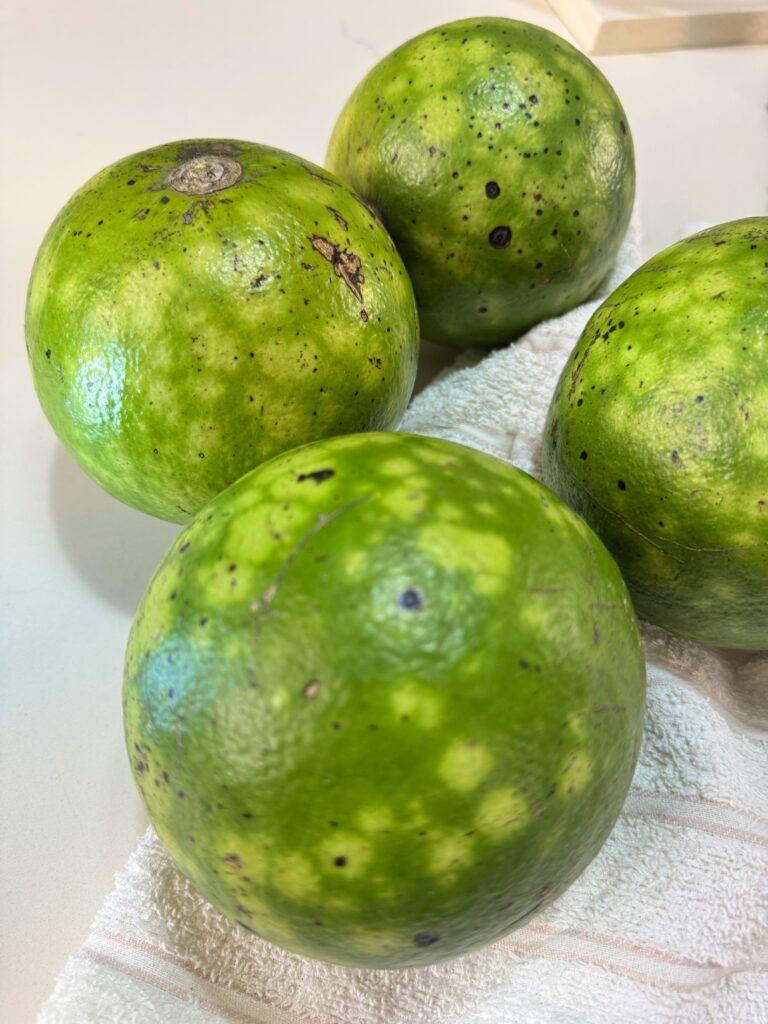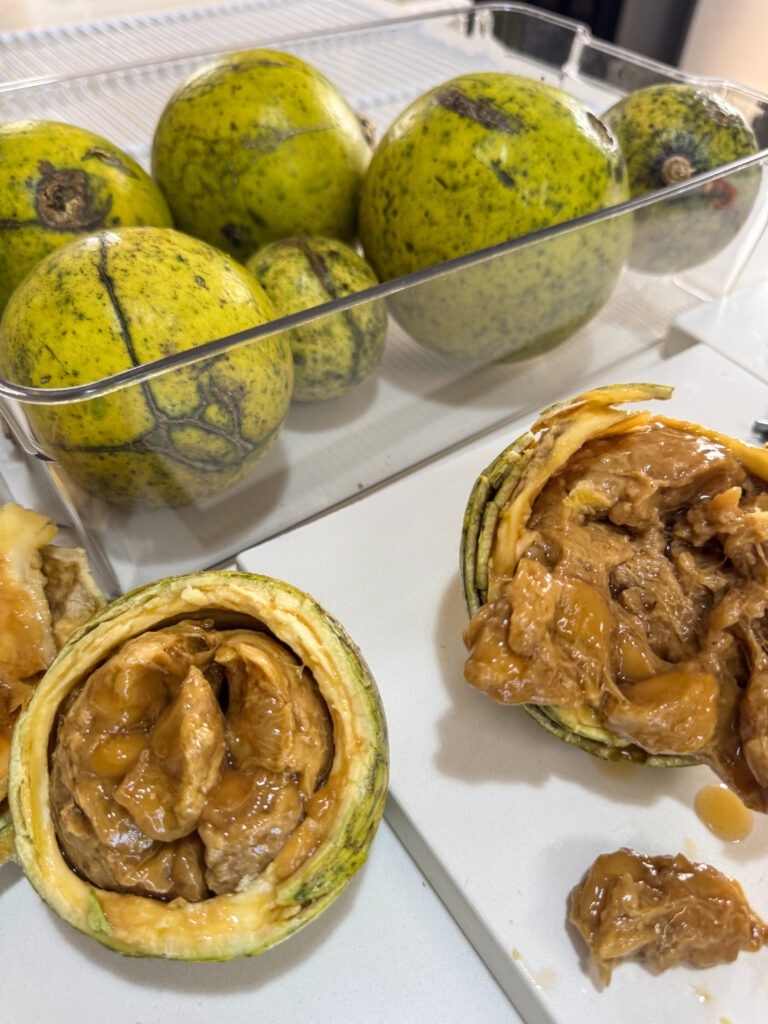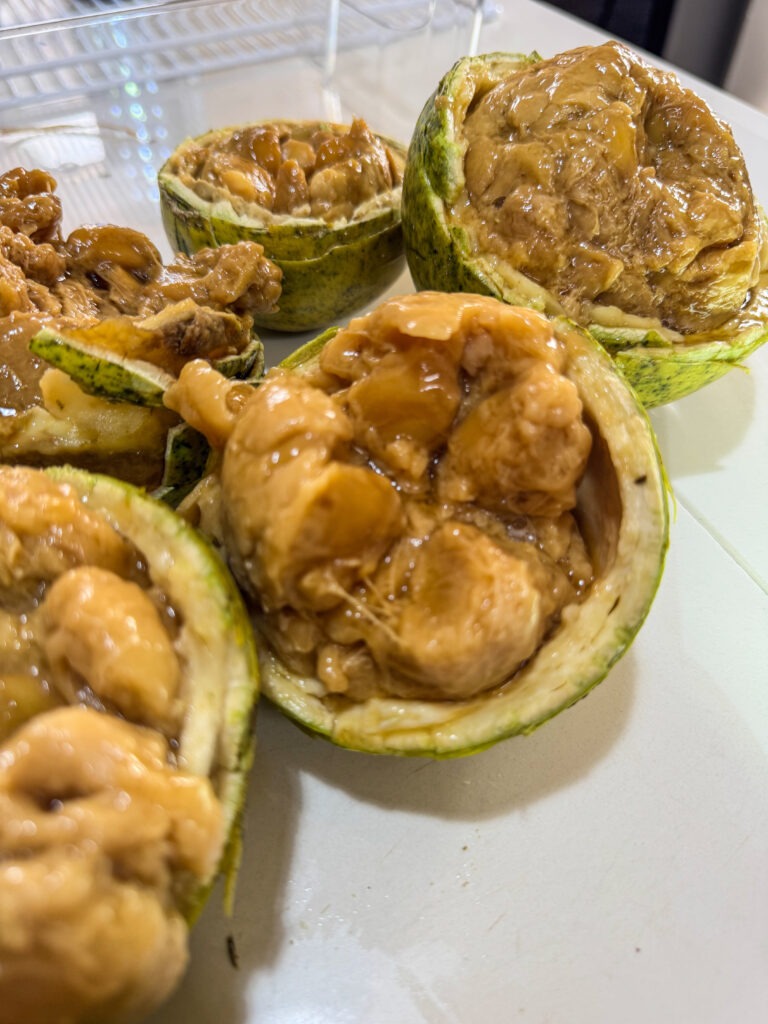A decolonized society begins with knowing who you are, where you come from, and reclaiming what was once stripped away. What started as a culinary innovation journey rooted in indigenous food has unexpectedly opened up deeper questions about my identity, culture, and heritage.
As my indigenous culinary exploits progress, I feel an undeniable pull back to my roots. Documenting African food stories without acknowledging the cultural fabric behind them feels incomplete. What began as a creative, fun exploration has evolved into something far more significant, a research project dedicated to preserving African foodways and culture, especially in Eswatini, in ways that have never been done before.
Along this journey, I've sought wisdom from Indigenous knowledge holders, scholars, activists, and cultural experts. Dr. Joy Ndwandwe, Dolores Godeffroy, and Lethumusa Simelane have been instrumental in guiding me through the early stages. I've traced history from the pre- and post-colonial era, combing through the National Archives, the National Museum, and the King Sobhuza II Memorial Park. These visits were transformative, grounding me more deeply in my identity as a Liswati woman who didn't grow up immersed in culture, yet is now being called [through food] to embrace it fully. It has been a rude awakening, but also a liberating one.
Sitting with this realization, I'm struck by how profoundly colonialism diluted and diverted African ways of life. Food, medicine, traditions, spirituality, dress, and diet—every part of us was reshaped, and much was stolen. Gaining independence was only the beginning; a true liberation requires a lifestyle decolonization movement.
I want to stand at the forefront of that movement through food. My mission is to decolonize the palate, not only in Eswatini but across the African continent. This work demands more than research and passion. It demands audacity, the audacity to stand firm as an African woman, to challenge narratives, and to safeguard the stories and flavors of our ancestors. It is this very commitment that led the United Nations' Gastronomy Ambassador to name me the Guardian of African Food Heritage, an acknowledgment that affirmed my role in carrying forward the legacy of our indigenous foods.
Because our indigenous foods are at the highest risk of extinction. If we do not act now, if we do not document, innovate, and reclaim them they will be forgotten. My journey is no longer just about food. It is about identity, legacy, and ensuring that generations to come inherit not diluted fragments of who we are, but the fullness of our heritage.
My pursuit of indigenous food has led me to three powerful treasures: Emahlala, Umsobo, and Imbuya. These superfoods are brimming with minerals and vitamins, yet many emaSwati remain unaware of their value.
Instead of diving straight into innovation, I've realized that the first step is education. Too many of us don't even know the native names of these foods, let alone their nutritional benefits. And yet, a conscious return to eating them in their purest form could transform our health—helping to combat chronic and lifestyle-related diseases that are so often man-made.
So before we get to the creative recipes and innovations, here are the key health highlights of these indigenous superfoods:
The call to action is simple yet profound: let us not only consume these foods consciously, but return to calling them by their native names—names that honour how they have sustained African communities since time immemorial. To reduce them to labels like "monkey orange" is to strip away their heritage.
Stay tuned as we explore what can truly be done with these superfoods beyond the conventional ways of eating them. We're in the kitchen, cooking up a return to roots.
Indigenous Culinary Renaissance
My pursuit of indigenous food has led me to three powerful treasures: Emahlala, Umsobo, and Imbuya. These superfoods are brimming with minerals and vitamins, yet many emaSwati remain unaware of their value.
Instead of diving straight into innovation, I've realized that the first step is education. Too many of us don't even know the native names of these foods, let alone their nutritional benefits. And yet, a conscious return to eating them in their purest form could transform our health—helping to combat chronic and lifestyle-related diseases that are so often man-made.
So before we get to the creative recipes and innovations, here are the key health highlights of these indigenous superfoods:
🌿 Imbuya | Amaranth
- Nutrient-Dense Leaves: Packed with vitamin A for vision and immunity, vitamin C for healing, and vitamin K for strong bones and blood health.
- Iron & Calcium Source: Strengthens blood, bones, and teeth while fighting anemia.
- Antioxidant Power: Protects against inflammation and chronic disease.
- Digestive Support: High in fiber, easing digestion and promoting gut health.
🌿 Umsobo | African Nightshade
- Rich in Phytochemicals: Contains powerful antioxidants that protect cells and boost immunity.
- Mineral-Rich: High in calcium, magnesium, and iron for bone strength and blood health.
- Anti-Inflammatory: Traditionally used to ease swelling, pain, and stomach discomfort.
- Eye & Skin Health: Abundant in vitamin A, supporting clear vision and healthy skin.
🍊 Emahlala | Monkey Orange
- Vitamin C Treasure: Builds strong immunity, aids healing, and prevents fatigue.
- Natural Energy Booster: High in natural sugars and nutrients, offering quick but sustained energy.
- Hydration & Electrolytes: Excellent source of potassium, supporting heart and muscle function.
- Digestive Aid: Traditionally valued for easing constipation and improving gut movement.
- Antioxidant-Rich: Protects the body from free radical damage and supports overall vitality.
The call to action is simple yet profound: let us not only consume these foods consciously, but return to calling them by their native names—names that honour how they have sustained African communities since time immemorial. To reduce them to labels like "monkey orange" is to strip away their heritage.
Stay tuned as we explore what can truly be done with these superfoods beyond the conventional ways of eating them. We're in the kitchen, cooking up a return to roots.



